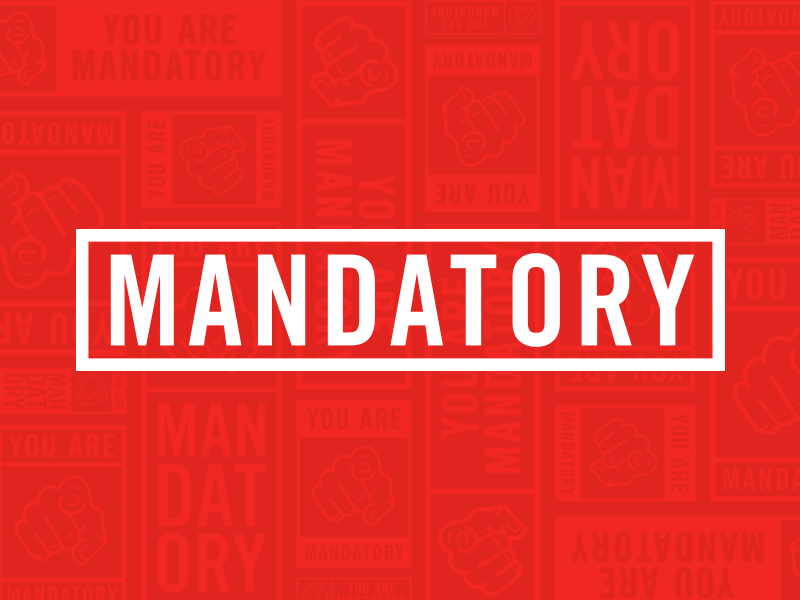Two Mothers was one of the weirdest screenings to sit through at Sundance. The drama about two best friends (Naomi Watts and Robin Wright) who have affairs with each others’ sons was met with laughter throughout its premiere. The film was not intended as a comedy, or even with this many tension breakers. We got to chat with director Anne Fontaine about her first English language film, her intentions and the transition from page to screen.
Read CraveOnline’s review of Two Mothers…
And make sure to check out all of Crave Online’s coverage of the 2013 Sundance Film Festival here!
CraveOnline: Were you aware as you were writing this movie that there was a Justin Timberlake comedy sketch about two friends who sleep with each other’s mothers?
Anne Fontaine: No. I didn’t know about that.
The film is very sincere. Is sincerity a difficult tone to maintain?
It has to be in a story like that, so special and unique, a love story with four characters like that. It’s so original, the story, in a way that you have to be devoted to it and the feelings, with the ambiguity and the human complexity that it brings of course because it’s not a very frequent situation that two mothers have that relationship with the son of their best friend.
Or that they basically gave each other permission to do it.
Yes, that’s the entire thing because the first one begins and we can’t imagine that the second one is going to also take the same train. But what is interesting, it’s without words, without rational things, because they are so connected, these two women, for such a long time. They are like twins in a way and it felt that they are going to be in an age where their life is going to change, the boys are going to go to the University and something happens there, that it’s completely rational. But it’s stronger than them.
Also they try to fight but they are attracted so much that they say to each other, “Why not?” That’s a transgression but that’s also the mystery of the desire and the eroticism that they are going to live together. It’s really a very interesting story for that because you can’t be conventional and classic. It’s out of the morality in a way, this story.
The viewer is in a place where he can’t say, “Oh my God, they are doing something wrong” because after a while you have to go with them in this very special story where you know that there is an end, because it can’t be like that for years and years. That’s fascinating I think. It’s always fascinating, stories where it’s very ambiguous and we don’t have solutions. It’s a real story. [Author] Doris Lessing told me that it happens really in life.
Were you instructed to change the title of the book from The Grandmothers to Two Mothers?
Because I thought when I have seen the movie that they are only grandmothers for a very small time, and they are mothers for a much longer time. I felt it was most true with the movie because Grandmothers is a very small novel, very short, a novella. It’s in the same direction but it’s mothers, yes. I decided to change it because it’s also more sexy, I think, Two Mothers than Grandmothers because the people could say it’s about old women, and it’s not about old women. They are beautiful.
I chose two marvelous actresses, very sexy, very charismatic, very good also. I think it’s very important for this story that they be attractive. It’s not like mothers who are old and tired. They’re at an age where they are completely attractive. They could have relationships with everybody they want, but they live in this very little community. They are apart from the world, in another world in a way. They are so connected, so they go to each other’s house. It’s a very special life to live in swimming costumes on the beaches. They’re there every day and they swim, it’s a connection with nature and sensuality that speaks about that.
What was your philosophy on moving the camera?
Well, I thought it has to be something beautiful, even too beautiful because it has to be like a theme in a way, something not completely real but not naturalistic. I tried to work on the colors, the nature and also to be sensual always. The camera should be very close to what happens behind the faces, what it is that you don’t say. What is the mystery of behavior? I worked with a very famous French DP with whom I’ve done Coco avant Chanel. I wanted the skin, we see the skin in a way, it’s really scope and nobody works now [in scope]. Now everybody works with not real film. I wanted to keep that, to have a quality about skin.
So it’s anamorphic?
Yeah, exactly. In France they haven’t seen that for a long time. They were so surprised. They said, “You are mad to do it like that.” I said yes, but it will be beautiful in another way. It’s not the same thing if it’s anamorphic or HD. It’s not the same at all about faces.
How different was the process of making an English language film for you?
I wrote it with Christopher Hampton. That was the same process as if I worked with a French writer, but English doesn’t have the same way to treat the scenes. They’re less psychological and for the story it was important not to explain too much, not to be heavy. It’s a trip. You have to go through this story to have the feelings. After that, of course, to direct English actors, American actors, for me it was the first time but if you know what you are talking about, if you know what you want to express, I think you can transmit even if I don’t speak English very well. I could manage it and I had the chance that two very big actors, marvelous actresses accepted the two parts and we connected very quickly through the story.
Were you happy with the American film Chloe, a remake of your film Nathalie…?
Yes, I love the actress who plays in it, Julianne Moore. She’s a really amazing actress and yes, I think it was maybe better than my movie.
That’s very gracious of you. And where did you find two little girls who looked just like Naomi Watts and Robin Wright for the opening prologue?
That was the goal, to find [kids who looked like them] because it was more powerful.
Fred Topel is a staff writer at CraveOnline. Follow him on Twitter at @FredTopel.







